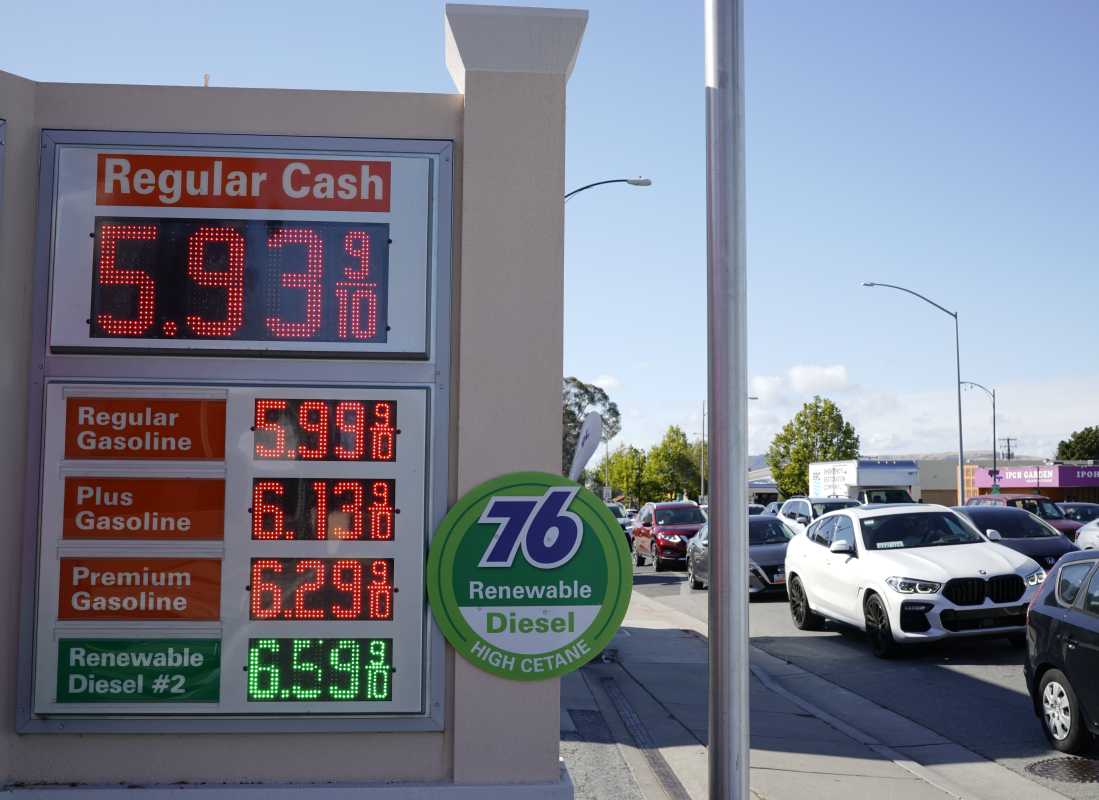Business
Fuel prices set to rise in February, putting strain on consumers

A recent analysis of unaudited fuel data from the Central Energy Fund (CEF) has revealed that South African motorists will face a significant increase in fuel prices in February. The average prices of all grades of fuel are expected to rise, marking the end of the brief relief drivers experienced in the past three months.
According to the data, both unleaded petrol grades, 93ULP and 95ULP, are predicted to increase by approximately 64 to 66 cents per litre, while diesel is set to rise by around 63 cents per litre. Illuminating paraffin, commonly used for lighting and heating, is also expected to become 47 cents per litre more expensive next month.
The main contributing factor to these price increases is the movement in international oil prices, which accounts for a significant percentage. Additionally, the weaker average Rand to US Dollar exchange rate is also adding to the expected hikes, but to a lesser extent.
As a result of these increases, the price of a litre of 95ULP petrol inland will rise from the current level of R22.49 to R23.15, and the price of 93ULP petrol inland will increase from R22.17 to R22.81.
The anticipated surges in petrol prices will have a negative impact on household budgets, particularly during the early part of the year when many consumers are still recovering from holiday expenses and have stretched budgets. The cumulative effect of reduced disposable income, exacerbated by higher fuel input costs, will also lead to increases in the prices of goods and services.
The Automobile Association (AA) strongly advises consumers to closely monitor their fuel usage and adjust their budgets accordingly. The AA suggests maintaining vehicles in good mechanical condition, planning routes carefully, and avoiding heavy traffic whenever possible as strategies to achieve better fuel consumption and minimize costs.












